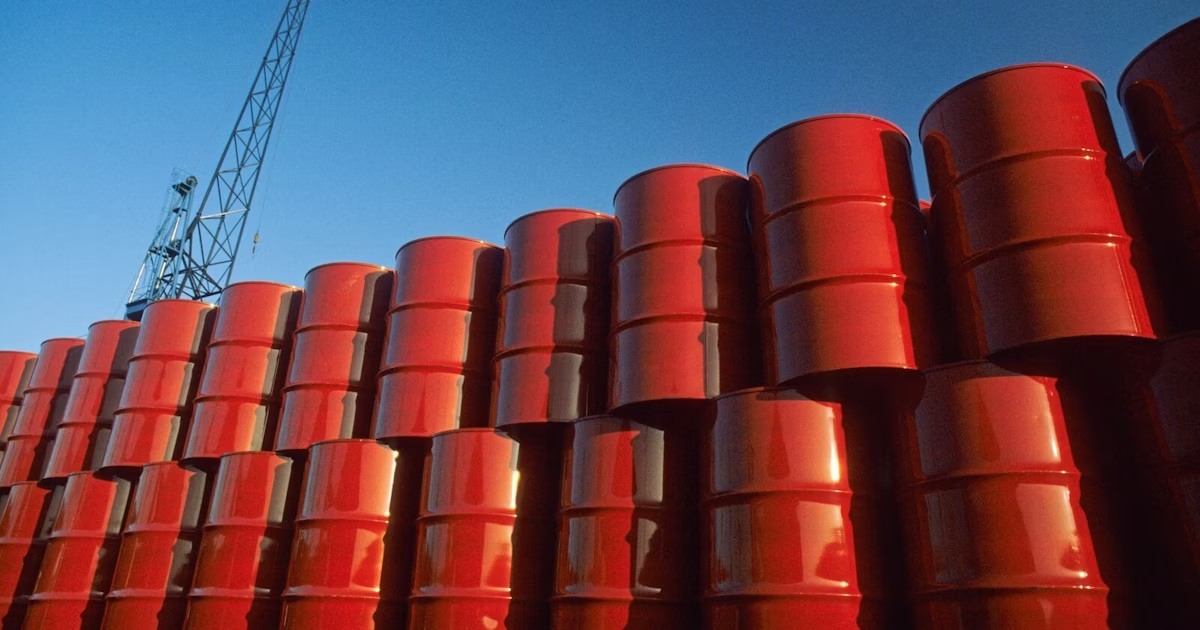Crude Oil Assay & Characterization
The process of crude oil assay and characterization is crucial in the oil and gas industry, as it helps to understand the composition and properties of raw petroleum materials. This information is vital for optimizing production processes, ensuring compliance with international standards, and making strategic decisions regarding exploration, extraction, and refining.
Our laboratory specializes in providing comprehensive crude oil assay services that cover a wide range of parameters including gravity (API), sulfur content, nitrogen content, water content, carbon residue, gum content, asphaltene content, viscosity at different temperatures, pour point, flash point, cloud point, and many more. We also offer advanced characterization techniques to provide detailed insights into the molecular structure and chemical composition of crude oil.
For accurate assay results, our laboratory uses state-of-the-art instrumentation such as Karl Fischer titrators for water content determination, sulfur analyzers, nitrogen analyzers, viscosity meters, pour point testers, flash point testers, cloud point testers, distillation units, gas chromatographs, and nuclear magnetic resonance (NMR) spectrometers. These instruments are regularly calibrated to ensure precision and accuracy.
The data obtained from these tests is essential for various stakeholders within the oil and gas sector, including quality managers who need to maintain consistent product quality, compliance officers ensuring adherence to regulatory standards, and R&D engineers seeking to innovate refining processes. Procurement teams also benefit from this information as it helps them source high-quality raw materials and make informed decisions about their supply chain.
Our team of experienced analysts and chemists work closely with clients throughout the testing process, offering guidance on sample preparation, interpretation of results, and recommendations for optimizing processes based on the findings. By leveraging our expertise in crude oil assay and characterization, we contribute significantly to the success of our clients' operations, helping them achieve their business objectives while meeting global market demands.
Applied Standards
| Standard | Description |
|---|---|
| ISO 516:2023 | Determination of sulfur content in petroleum products by coulometric titration. |
| ASTM D971-21 | Determination of nitrogen content in petroleum products by distillation and combustion method. |
| API RP 540 | Recommended Practice for Measurement of Petroleum Products – Viscosity Determination at Elevated Temperatures. |
| ASTM D1298-20 | Determination of water content and total acidity or basicity of petroleum products by Karl Fischer titration. |
| ISO 3467:2023 | Determination of gum in petroleum products using a specified test method. |
| ASTM D972-18 | Determination of carbon residue (cracking index) by distillation under controlled conditions. |
| ISO 3465:2021 | Determination of asphaltene content in petroleum products using a specified test method. |
| ASTM D974-20 | Determination of pour point of petroleum oils by cooling cup method. |
Quality and Reliability Assurance
We adhere to stringent quality control measures to ensure the accuracy, reliability, and repeatability of all our test results. Our laboratory is accredited to ISO/IEC 17025:2017, which sets international standards for the competence of testing and calibration laboratories. This accreditation ensures that we meet rigorous technical requirements and provide consistent, high-quality services.
Our commitment to excellence extends beyond mere compliance; it involves continuous improvement in our methodologies and equipment. Regular training sessions are conducted for our staff to stay updated with the latest developments in analytical chemistry and oil analysis techniques. We also invest heavily in maintaining cutting-edge laboratory facilities and purchasing advanced instruments, ensuring that we can deliver accurate and precise results consistently.
The reliability of our tests is further enhanced through strict adherence to industry best practices and guidelines provided by reputable organizations such as the American Petroleum Institute (API), Society of Petroleum Engineers (SPE), and International Organization for Standardization (ISO). By following these guidelines, we ensure that our clients receive not only accurate test results but also information that is relevant and actionable within their specific operational contexts.
In addition to internal audits conducted periodically by our management team, external audits are performed annually by independent bodies recognized globally. These audits verify compliance with international standards and provide assurance that all procedures are followed correctly. Feedback from these audits helps us identify areas for improvement and implement corrective actions promptly.
Customer Impact and Satisfaction
The results of crude oil assays play a significant role in various aspects of the oil and gas industry, from exploration and production to refining and marketing. Accurate information about the composition and characteristics of raw petroleum materials enables operators to make informed decisions that impact profitability, operational efficiency, and environmental sustainability.
For quality managers, having reliable data on crude oil properties allows for better monitoring and control over product quality throughout the supply chain. This leads to reduced waste during processing stages and improved overall product consistency, which is critical in maintaining customer satisfaction and building brand loyalty.
Compliance officers benefit from detailed test results when addressing regulatory requirements related to environmental protection, health safety, and labor regulations. Understanding the precise nature of crude oil enables them to identify potential risks early on and implement measures to mitigate these risks effectively.
R&D engineers can leverage insights gained from comprehensive characterizations to explore new technologies or refine existing ones aimed at enhancing extraction methods, improving conversion efficiency in refineries, or developing lower-emission fuels. Such innovations contribute directly to advancements within the sector and foster competitive advantages for companies involved in oil and gas activities.
For procurement teams, knowledge about crude oil specifications aids in selecting suppliers who meet stringent quality criteria while negotiating favorable terms based on value delivered rather than cost alone. This approach ensures long-term partnerships with reliable vendors capable of delivering consistent supplies that align perfectly with company needs.
In summary, the impact of accurate crude oil assays extends far beyond laboratory walls; it influences every facet of the oil and gas industry by providing valuable input into strategic planning processes. Our services play an integral part in driving positive outcomes across multiple dimensions – operational efficiency, environmental responsibility, technological innovation, and competitive edge.





